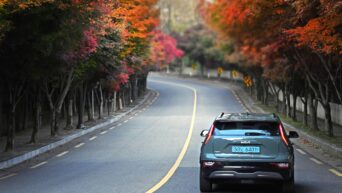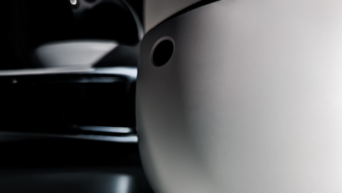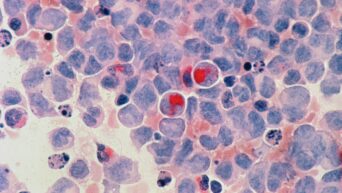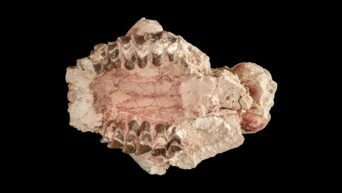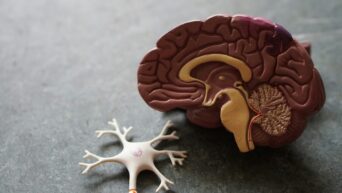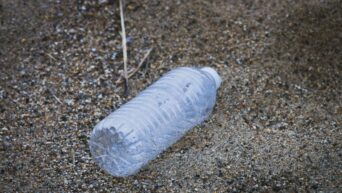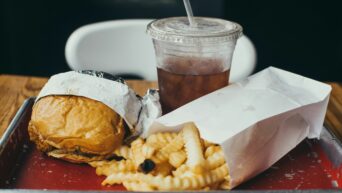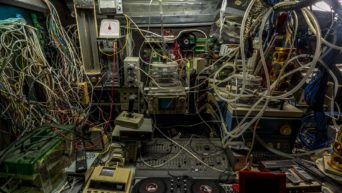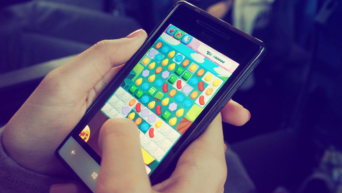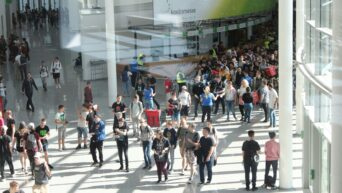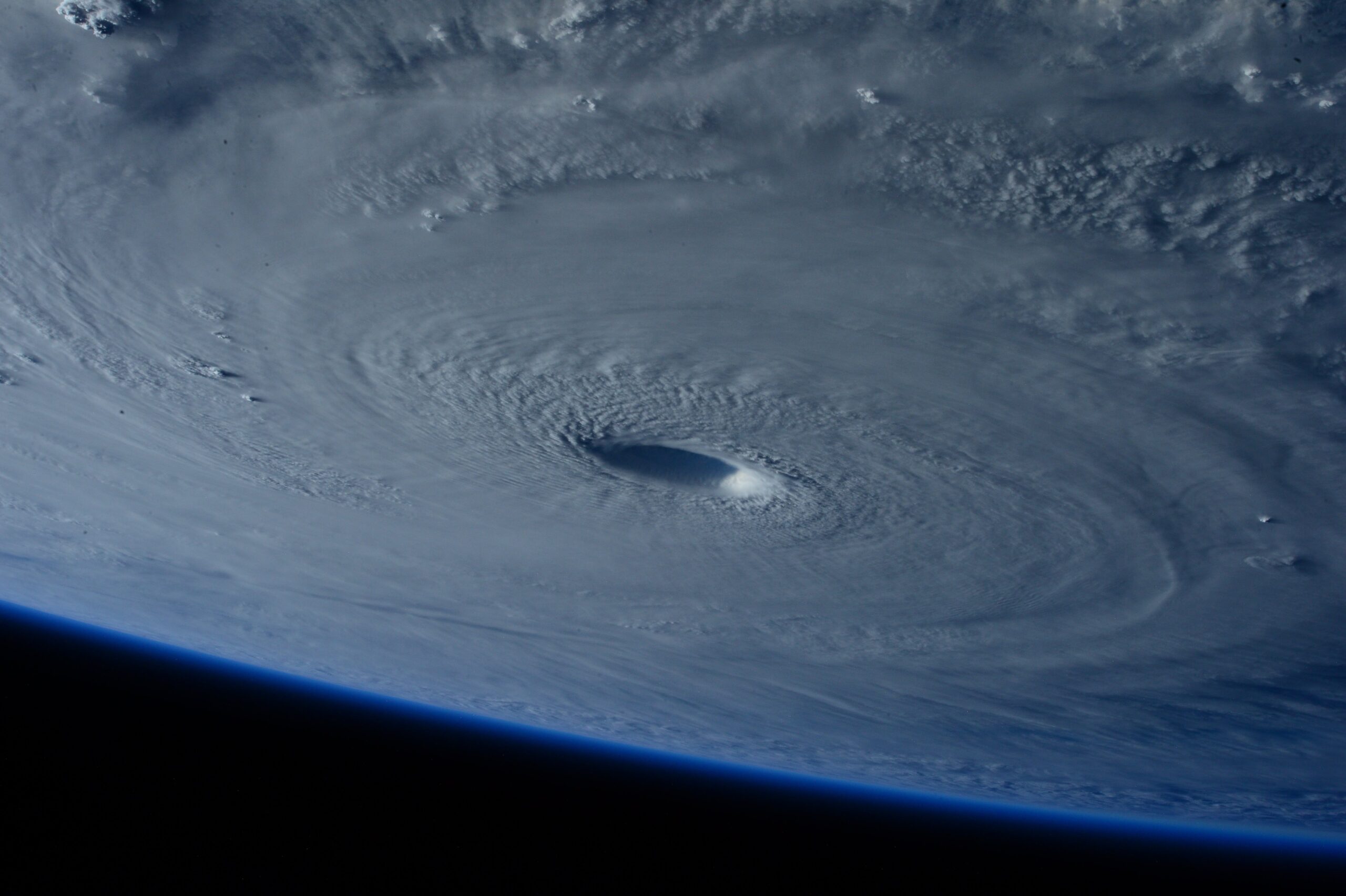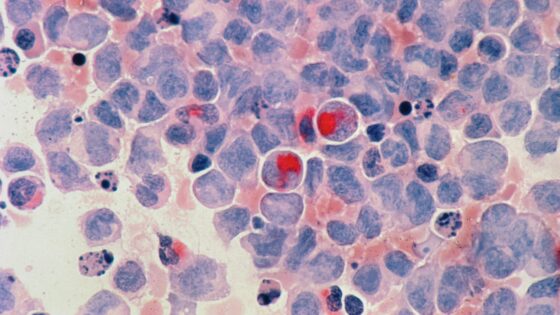After Hurricane Maria, resourceful macaques form new bonds to beat the heat and thrive in the face of adversity.
In the wake of the destructive Hurricane Maria that ravaged Puerto Rico in 2017, the island’s resident rhesus macaques (Macaca mulatta) demonstrated a remarkable adaptation strategy: they learned to share precious shade resources. A recent study published on July 24 in bioRxiv.org reveals that macaques who embraced social interactions with their peers enhanced their odds of survival in the aftermath of the devastating storm. This newfound sociability enabled the monkeys to seek refuge from the blistering heat beneath the remaining trees and any available sources of shade.
Following Hurricane Irma’s heels, Hurricane Maria altered Puerto Rico’s landscape as trees and vegetation succumbed to its relentless onslaught. This catastrophe was particularly evident on Cayo Santiago, a once-vibrant key off the coast of Puerto Rico, which lost a significant portion of its forest biomass. Despite the passage of more than five years, the island’s vegetation has struggled to recover, leaving fewer than 600 living trees in its wake.
The University of Puerto Rico’s Caribbean Primate Research Center oversees a colony of approximately 1,600 macaques on Cayo Santiago. The storm’s aftermath compelled these monkeys to adapt to their changed surroundings, as they searched for scarce shade to escape temperatures soaring above 40°C (104°F).
“If you’re collecting data on the island, you’re gonna have monkeys that are sitting in your shade and following you around.”https://t.co/02ALokV6aq
— Science News (@ScienceNews) August 15, 2023
Interestingly, Hurricane Maria prompted a shift in the macaques’ social dynamics. Historically hierarchical animals, the macaques formed new relationships and expanded their social network, as Camille Testard and her colleagues documented in a 2021 study. While conflicts among monkeys persist, they have become less frequent. The researchers hypothesized that these newfound friendships facilitated access to shade in confined spaces, which likely contributed to their overall survival.
The recent study conducted by Testard and her team examined the interactions among macaque groups over a decade, spanning five years before and after the hurricane. Analyzing interactions in 10-minute increments from early morning to mid-afternoon, the researchers observed a change in behavior. In the years following Hurricane Maria, from 2018 to 2022, the macaques engaged in more close-knit gatherings during the heat of the afternoon compared to the relatively cooler mornings.
Richard Buchholz, a behavioral ecologist at the University of Mississippi, lauds the study as a compelling illustration of how behavioral adaptations contribute to survival in changing environments.




